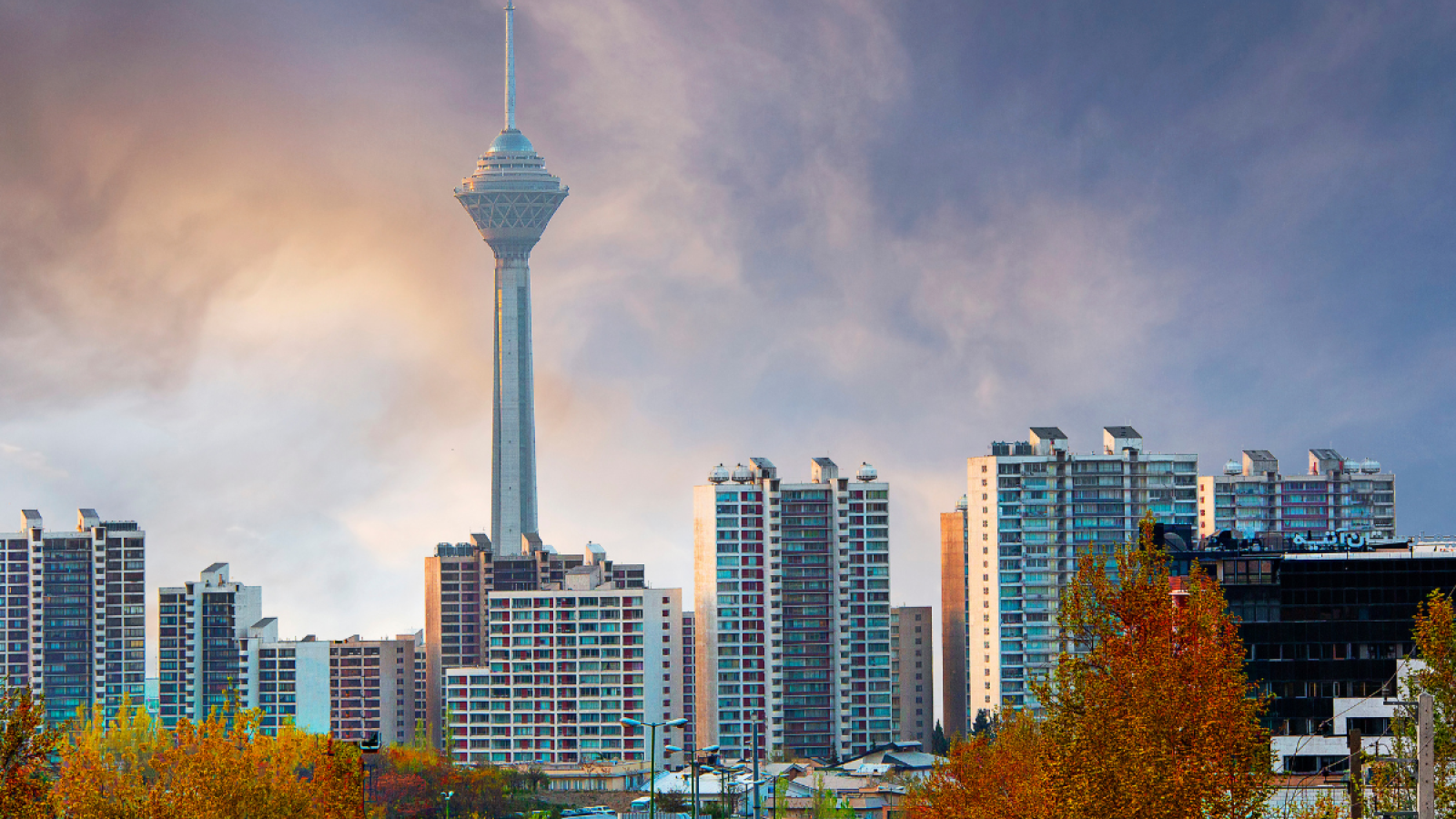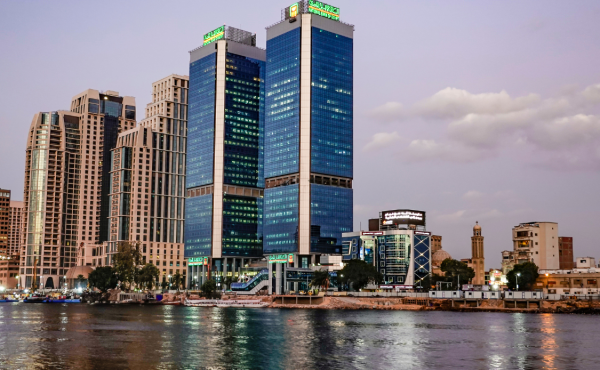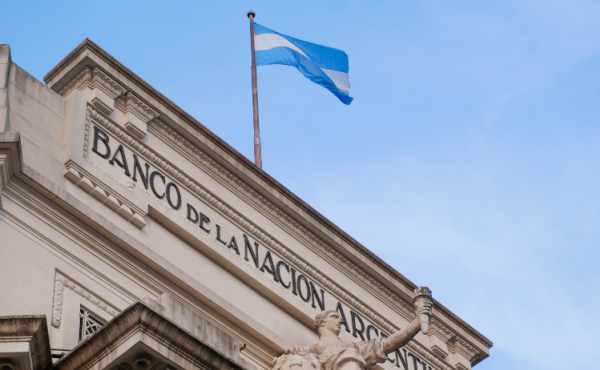
The ECGI blog is kindly supported by

Navigating Corporate Governance Challenges in BRICS+ Markets: A Focus on Iran
Corporate governance stands as the linchpin of business success, especially in emerging economies like Iran. This blog post embarks on an exploration of the current state of corporate governance in Iran. By illuminating the challenges faced, we delve into the potential need for alternative governance models and underscore the imperative commitment to sustainability and stakeholder considerations.
Current Corporate Governance Landscape in Iran
Iran stands as an emerging economy, ranking as the second largest in the Middle East and North Africa (MENA) region. The publication of the Corporate Governance Code in 2018 by the Tehran Stock Exchange (TSE) has played a pivotal role in establishing a framework for accountability and transparency among Iranian companies. Although the banking industry’s Corporate Governance Code was published earlier in 2004, it did not have the same impact on the market as the TSE's code. This TSE code mandates a more independent board of directors, offering an opportunity for research to provide fresh insights into enhancing such policies in emerging economies like Iran. This, in turn, aids legislators and stakeholders in the stock market to formulate improved rules and regulations. Recently, the TSE code of conduct has been improved and the new version has been released in 2023 that has added some rules about reporting CSR and Sustainability initiatives for listed companies.
However, the landscape of corporate governance in Iran still has some challenges. Transparency issues, limited shareholder rights, and the influence wielded by controlling and state shareholders collectively contribute to a complex governance environment. Recognizing and comprehending these challenges become fundamental steps toward formulating effective solutions and fostering improvements that align with global best practices. Despite being the second-largest economy in MENA, Iran faces a lack of comprehensive literature on the subject of voluntary sustainability reporting, highlighting a noteworthy gap in understanding and addressing sustainability practices within the Iranian business landscape.
Challenges in Iranian Corporate Sustainability
Iranian companies face challenges such as developing the internal auditing profession and improving communication with stakeholders through establishing suitable identifying and prioritizing models. These obstacles contribute to resistance against independent sustainability reporting alternatives, impeding the development of a robust sustainability culture within Iranian corporations. To overcome these barriers, proactive measures are essential, urging professional associations and standardizing bodies to establish comprehensive guidelines and standards for sustainability reporting auditing.
In Iran, like many other countries, when delving into sustainability reporting, several challenges and risks emerge. These include the lack of necessary infrastructure in the company's information systems, the absence of accepted standards for sustainability reporting, the high costs associated with providing sustainability reports, uncertainty regarding the consequences of disclosing sustainability information, the need to strike a proper balance between quantitative and qualitative sustainability information, and the perspectives of suppliers of sustainability reports who may deem this information as not useful to stakeholders. These challenges collectively pose significant hurdles surrounding sustainability reporting
Climate Change and the Net Zero Agenda
The persistent threats of climate change present a unique challenge for nations with oil-based economies such as Iran. Striking a balance between short-term economic considerations and addressing climate change demands nuanced manoeuvring. Assessing how the BRICS+ agenda aligns or conflicts with the global net-zero objectives is pivotal for gauging potential contributions or hindrances to global progress.
Iran, situated in the Middle East and North Africa (MENA), emerges as one of the most vulnerable countries to climate change. Contributing approximately 1.8% of global greenhouse gas emissions (GHG), it ranks 8th worldwide and holds the lead in the MENA region due to its heavy reliance on oil and natural gas. The impacts of climate change manifest in reduced precipitation, escalating temperatures, and the unsettling distinction of recording Asia's highest temperature. Water scarcity affects around 35% of Iranians, exacerbated by rapid urbanization leading to compromised air quality and heat islands.
Since 2015, Iran has met its escalating power demand primarily through gas and oil generation, with fossil fuels constituting approximately 94% of its electricity production in 2022. This breakdown includes 79% from gas, 15% from other fossil fuels, and a marginal 0.2% from coal. Hydroelectric power contributes 4.5%, and nuclear power accounts for 1%. Notably, Iran's transition to wind and solar energy lags significantly behind the global average. As of 2022, wind and solar collectively contribute only 0.5% to electricity production, a slow increase from 0.05% in 2015. This figure falls well below Asia's average of 8% and even trails behind the MENA countries' average of 2%.
Crucially, Iran has yet to ratify the Paris Agreement as of May 2023. At COP26, the country announced its intention to ratify only after the lifting of sanctions. According to the IEA Net Zero Emissions scenario, achieving the goal of limiting global temperature rise to 1.5°C necessitates Iran's complete decarbonization of its power sector by 2040 and achieving net-zero status across its economy by 2050. This ambitious trajectory underscores the critical importance of global cooperation and Iran's proactive measures to mitigate climate change impacts.
Opportunities for Iranian Companies
Climate diplomacy presents an untapped avenue for Iran to engage globally, offering a potential incentive by adopting the United Nations Sustainable Development Goals (SDGs) in exchange for sanctions or debt relief. This strategic move not only fosters regional trust but also propels the advancement of SDGs, enhancing shared climate resilience. As Iran intensifies its focus on South-South cooperation to cultivate alternative trade relationships and encourage greater economic multipolarity, seizing this opportunity becomes imperative.
Iran, grappling with the economic and climatic repercussions of global warming, has both the necessity and inclination to enhance its climate resilience. This urgency is further fueled by its history of resource extraction, necessitating proactive measures.
In response to international sanctions, Iran introduced the Resistance Economy concept in 2014. Emphasizing self-sufficiency, reduced reliance on oil revenues, and increased domestic production and innovation, this initiative aligns with Iran's 20-year vision. The primary objective is to diversify the economy, lessening dependence on oil exports and fostering sustainable economic growth and stability.
Amidst these challenges, Iranian companies possess clear opportunities to elevate their sustainability endeavours. Strengthening the disclosure of voluntary sustainability information, adopting international standards, and reinforcing management commitment to sustainable performance unlock the full potential of sustainability reporting. These avenues pave the way for Iranian corporations to align themselves with global sustainability best practices. To enhance Non-Financial Sustainability Reporting it is recommended that professional institutions, the Tehran Stock Exchange, and the Securities Organization collaborate to define the legal requirements for disseminating this information.
Conclusion
Iran's current developments signal economic relief and geopolitical prominence. Amidst this, corporate governance emerges as a linchpin for sustainable business practices. Challenges persist in transparency and sustainability reporting, demanding continual refinement. Iran's vulnerability to climate change adds complexity, urging global cooperation and proactive measures. Opportunities lie in climate diplomacy, aligning with Sustainable Development Goals. Iranian companies can elevate sustainability by embracing international standards. Collaboration for Non-Financial Sustainability Reporting standards is pivotal. As Iran navigates its journey into economic inclusion, holistic governance, sustainability, and global cooperation will shape a resilient future in emerging markets.
-------------------------------
By Hagen Graf von Schweinitz-Krain, Board Member, INSEAD Directors Network, and Sarah Mehrabani, Board Coach and Corporate Governance Advisor, Iran.
The ECGI does not, consistent with its constitutional purpose, have a view or opinion. If you wish to respond to this article, you can submit a blog article or 'letter to the editor' by clicking here.





